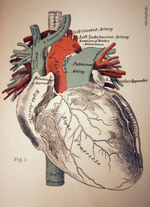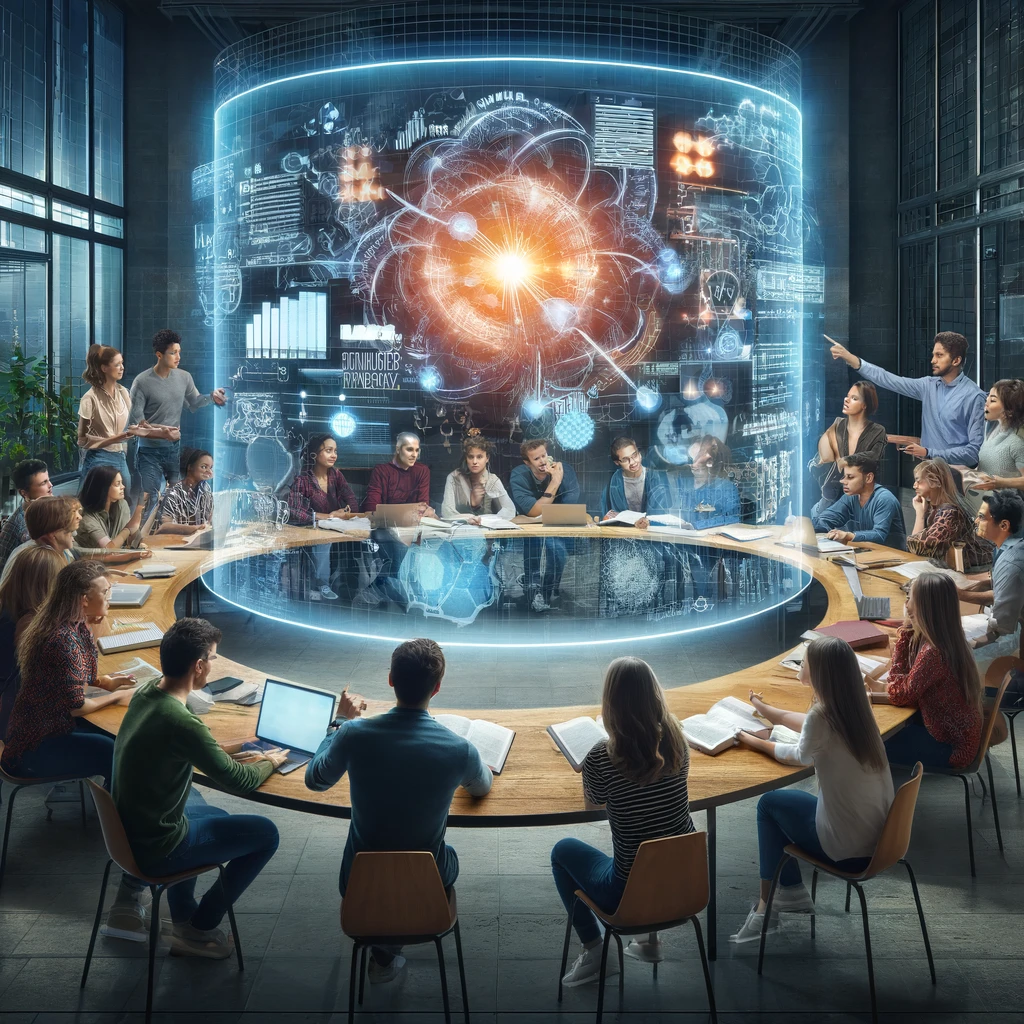My education research services provide comprehensive solutions for higher education challenges, specializing in mixed-methods research that combines quantitative and qualitative approaches. I offer expertise in topics ranging from workforce development to faculty professional development.
Bridging Gaps in Higher Education Using Mixed-Methods Research
In the rapidly evolving landscape of higher education, research plays a pivotal role in shaping the future of learning, workforce development, and community engagement among faculty. As an education researcher specializing in higher education, I have dedicated my career to advancing this field through innovative mixed-method approaches, with a focus on three current projects: generative AI in higher education, workforce development, and faculty learning communities.
Mixed-Methods: A Comprehensive Research Approach
The complexity of educational systems demands a research methodology that can capture both the quantifiable outcomes and the nuanced experiences of learners and educators. Mixed-methods research, which combines quantitative and qualitative techniques, provides a richer, more holistic view of educational phenomena. By integrating statistical data with personal narratives, my research offers insights that neither approach could yield on its own. This synergy allows for a deeper understanding of the trends, challenges, and opportunities within higher education.
Faculty Learning Communities: Collaborative Growth and Innovation
Faculty learning communities (FLCs) are the backbone of a progressive educational institution. My research in this area aims to understand and enhance how FLCs operate, fostering environments where educators can share knowledge, experiment with pedagogical strategies, and support each other’s professional development. In an era where interdisciplinary approaches are increasingly valued, FLCs stand as a testament to the power of collaborative innovation, breaking down silos and encouraging cross-fertilization of ideas among faculty members.
Generative AI: The Frontier of Educational Technology
Artificial intelligence (AI) has been a game-changer across various sectors, and education is no exception. My work with generative AI explores how this technology can create new educational content, personalize learning experiences, and streamline administrative tasks. From auto-generating study materials to simulating complex real-world scenarios for students to navigate, AI’s potential to transform higher education is boundless. However, my research also addresses the ethical implications of AI, ensuring that as we embrace these tools, we uphold the values of equity, transparency, and academic integrity
Workforce Development: Aligning Education with Industry Needs
In the context of workforce development, my research examines how higher education institutions can adapt to meet the changing demands of the labor market. By collaborating with industry partners, I explore pathways to integrate vocational skills with academic curricula, thereby fostering a workforce equipped for the challenges of the 21st century. This involves not only technical training but also the cultivation of soft skills, such as problem-solving, communication, and adaptability, which are crucial in a dynamic job landscape.
Charting the Course for Future Research
As we stand at the confluence of tradition and innovation, my education research services are committed to guiding higher education institutions through the tides of change. By leveraging mixed-methods research, we can understand the multi-faceted challenges faced by these institutions and also develop evidence-based strategies to address them. The incorporation of generative AI into education, the recalibration of curricula for workforce development, and the nurturing of faculty learning communities are not just projects; they are beacons leading us toward a more adaptive, responsive, and effective higher education system.
The journey through higher education is one of continuous adaptation and growth. With a dedicated research approach that values both data and narrative, and a forward-looking embrace of new technologies, we can ensure that this journey is both innovative and inclusive, preparing educators and learners alike for the promise of tomorrow.
For a list of recent publications, visit https://orcid.org/0000-0002-2856-1067.






